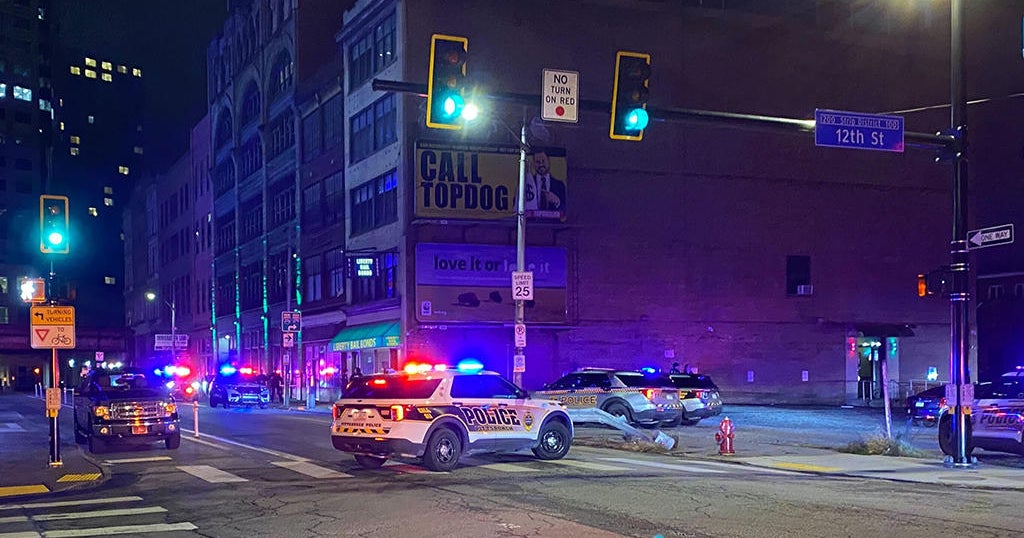Norfolk Southern CEO Alan Shaw speaks as East Palestine residents approach 6 months since toxic train derailment
EAST PALESTINE, Ohio (KDKA) - Nearly six months ago, a Norfolk Southern train derailed at the Ohio-Pennsylvania border, bursting into flames and releasing toxic chemicals into the environment.
The railroad is now paying more than $800 million in costs to pay for the clean-up, legal fees, and the impacted communities. However, the effects are nowhere near over.
On Saturday, KDKA's Lauren Linder spoke with the company's CEO one-on-one at the remediation site in East Palestine, Ohio.
Alan Shaw is the CEO and face of Norfolk Southern.
"In the immediate aftermath of the derailment, I was here, and I've come back almost every week since," Shaw said.
This week will mark nearly a half a year since the toxic train derailment, but residents continue to tell KDKA the railroad isn't keeping their promises, putting money into events like carnivals instead of putting the manpower and funds towards moving expenses and property reimbursements. When asked about this problem and families' frustrations with the company's assistance center, Shaw would not provide a direct answer.
"That financial component is really, really important, but it's also that personal involvement as well," Shaw said.
So far, Norfolk Southern has committed $64 million to the impacted communities, including in Western Pennsylvania, but folks living in these areas say they're not seeing the money or the efforts fast enough.
They say that's the case when it comes to indoor cleaning. KDKA's Lauren Linder asked why it's taking so long to get done.
"My understanding is the EPA is working on a plan right now for indoor cleaning," Shaw said.
Residents also say they're still lacking access to medical specialists like toxicologists, and funds for health monitoring, care, and testing, the likes of which some people may need in the decades to come. Again, Shaw would not offer a straight answer.
"We certainly encourage folks in the community to go visit a trusted healthcare professional and we will pay for the medical expenses," Shaw said.
Six months have passed, but so do trains, which continue to pass through East Palestine and Western Pennsylvania.
Could vinyl chloride still be on board? KDKA's Lauren Linder asked this question multiple times, only to receive the same response.
"Rail is the safest, most efficient, most sustainable form of transporting goods across the land. We know our role and we're working to make rail safer," Shaw said.
As for the proposed bipartisan Railway Safety Act awaiting a vote in the U.S. Senate, Shaw continues to say he supports many provisions of various bills, but would not outright endorse the legislation.
Shaw also shared they're still in the process of working on long-term funds in Ohio and Pennsylvania for healthcare, water monitoring, and drops in home values.



